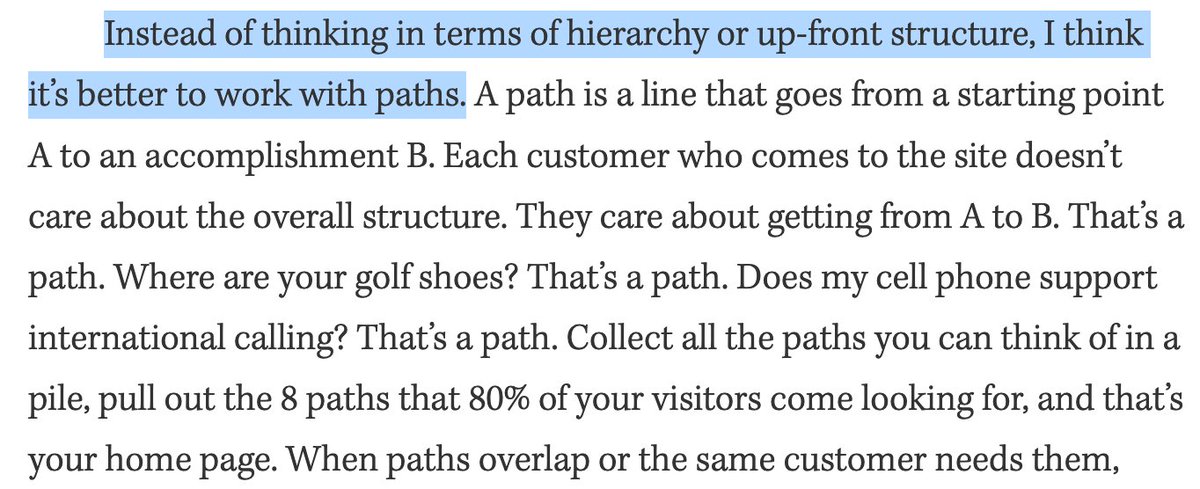
Maker, ML engineer, exploring interactive programming environments
📔 https://t.co/PVO5vPG1F7
👗 https://t.co/bMMY7XPaAc
🍎 https://t.co/2yQg45cOeD
How to get URL link on X (Twitter) App








https://twitter.com/wasimlorgat/status/1309742880165158912?s=20Finseth's The Craft of Text Editing is an excellent source for this! They suggest to decompose an editor into three sub-systems:
https://twitter.com/wasimlorgat/status/1309546928636649472Step 1 is to do some reading... What's so special about outliners? I think they're strict supersets of text editors – if you used an outliner but only wrote in a single node, it'd effectively be a text editor

https://twitter.com/wasimlorgat/status/1260465181181857799I _love_ the use of "residue" here! dude's really good at naming

https://twitter.com/wasimlorgat/status/1254301573360029696but it scales terribly when faced with "overlapping behaviour/attributes"–which most of reality requires. For example, say you were to classify houses. You could start by distinguishing between 1 bedroom houses and >1 bedroom houses (bear with me)

https://twitter.com/vgr/status/1203009847928639488?s=20
https://twitter.com/wasimlorgat/status/1254301573360029696The experiment: you start with a set of problems, in this case hierarchical (🙈) boolean expressions, like (A XOR B) AND (C XOR D).

https://twitter.com/wasimlorgat/status/1254290641686757377They probably don't always, but I like the title 🤷♂️..

https://twitter.com/andy_matuschak/status/1202663202997170176Scroll bars are a weak form of peripheral vision. They locate you within a file. Minimaps (e.g., in VSCode) do the same thing with slightly more information.
https://twitter.com/soenke_ahrens/status/995623705467289600?s=20Don't get me wrong, the digital world gives us a lot of really fundamental stuff: